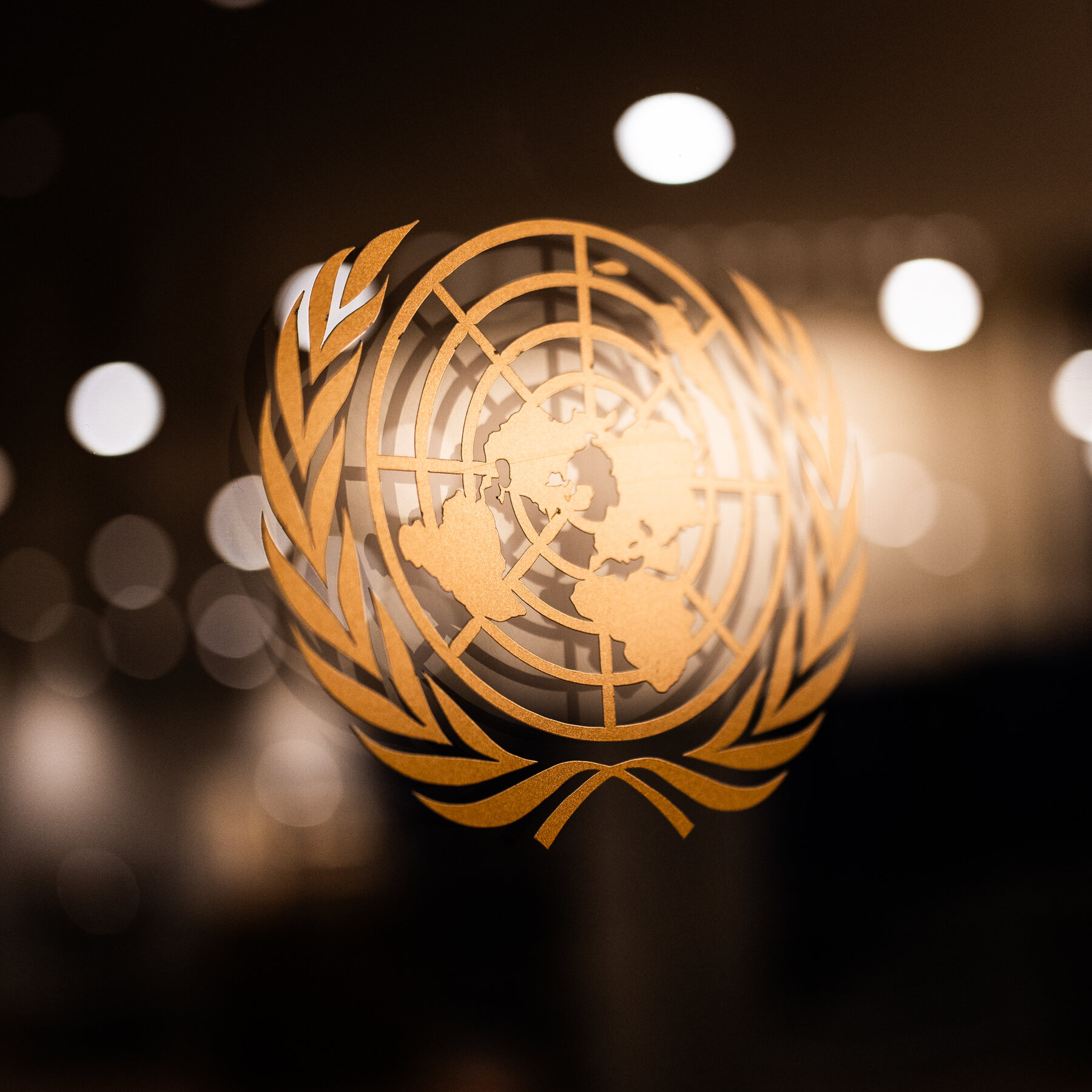World
Palestinian Statehood Gains Momentum at U.N. Summit

Palestinian statehood is gaining significant attention at the current United Nations (U.N.) summit in New York, where discussions focus on recognizing Palestine as a sovereign nation. Currently, there are 147 member states that already acknowledge Palestine’s status, and approximately 10 additional countries are expected to join in this recognition.
The summit comes at a pivotal time when global leaders are considering the implications of Palestinian sovereignty. Numerous nations have expressed support for Palestine’s aspirations, reflecting a growing consensus within the international community. With discussions centered around human rights and self-determination, the push for statehood is seen as a critical element in the broader quest for peace in the region.
Prospective Support and Global Implications
As the summit progresses, various leaders have voiced their commitment to bolstering Palestinian statehood efforts. The anticipated inclusion of around 10 new countries brings the total number of states recognizing Palestine to 157. This shift could have far-reaching consequences for diplomatic relations and negotiations in the Middle East.
The recognition of Palestine by additional nations may also influence international aid and development efforts. Various organizations, including the United Nations Relief and Works Agency (UNRWA), rely on these recognitions to facilitate humanitarian assistance. A unified stance from the international community could enhance support for Palestinian initiatives aimed at economic development and infrastructure improvements.
Delegates from several nations have underscored the importance of addressing the long-standing issues surrounding Palestinian rights. They argue that acknowledging statehood is not merely a symbolic gesture but a necessary step towards achieving lasting peace in the region. The discussions at this summit highlight the urgency of addressing the challenges faced by the Palestinian people.
Historical Context and Future Prospects
The quest for Palestinian statehood has been a contentious issue for decades. Historical grievances and ongoing conflicts have complicated the path to recognition. However, the recent discussions at the U.N. signal a potential shift in discourse, with more countries acknowledging the need for a two-state solution.
In light of the developments at the summit, observers are keenly watching how these discussions will unfold and what impact they may have on future negotiations. The international community’s response could redefine the landscape of Middle Eastern politics and relations between Israel and Palestine.
As the summit continues, the world remains focused on the outcomes of these discussions, hoping for a resolution that honors the aspirations of the Palestinian people while promoting stability in the region. The recognition of statehood could pave the way for a more equitable and peaceful future.
-

 Lifestyle4 months ago
Lifestyle4 months agoLibraries Challenge Rising E-Book Costs Amid Growing Demand
-

 Sports3 months ago
Sports3 months agoTyreek Hill Responds to Tua Tagovailoa’s Comments on Team Dynamics
-

 Sports3 months ago
Sports3 months agoLiverpool Secures Agreement to Sign Young Striker Will Wright
-

 Lifestyle3 months ago
Lifestyle3 months agoSave Your Split Tomatoes: Expert Tips for Gardeners
-

 Lifestyle3 months ago
Lifestyle3 months agoPrincess Beatrice’s Daughter Athena Joins Siblings at London Parade
-

 World3 months ago
World3 months agoWinter Storms Lash New South Wales with Snow, Flood Risks
-

 Science4 months ago
Science4 months agoTrump Administration Moves to Repeal Key Climate Regulation
-

 Science3 months ago
Science3 months agoSan Francisco Hosts Unique Contest to Identify “Performative Males”
-

 Business4 months ago
Business4 months agoSoFi Technologies Shares Slip 2% Following Insider Stock Sale
-

 Science4 months ago
Science4 months agoNew Tool Reveals Link Between Horse Coat Condition and Parasites
-

 Sports4 months ago
Sports4 months agoElon Musk Sculpture Travels From Utah to Yosemite National Park
-

 Science4 months ago
Science4 months agoNew Study Confirms Humans Transported Stonehenge Bluestones









